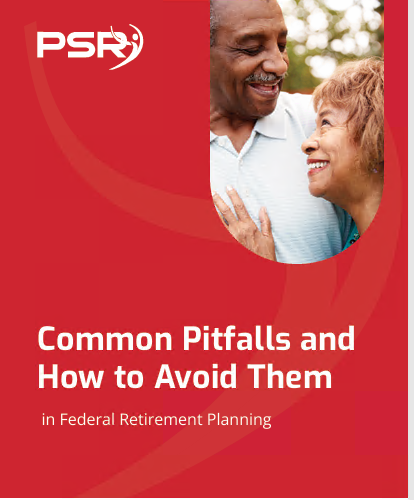Many questions on the Federal Employees Retirement System (FERS) application may seem straightforward at first but may become confusing to answer when filling out your form. One such question is found in section C of the FERS Application for Immediate Retirement, SF-3107, and Section E of the CSRS Application for Immediate Retirement, SF-2801.
The FERS version reads, “Do you have a living former spouse(s) to whom a court order gives a survivor annuity or a portion of your retirement benefits based on your Federal employment?
The CSRS (Civil Service Retirement System) version reads, “Do you have a living former spouse(s) from whom you were divorced on or after May 7, 1985, and to whom a court order gives a survivor annuity or awards a portion of your retirement based on your federal employment?”
- Also Read: Divorce and Your Federal Pension—What Happens When You Split Assets and How It Could Affect Your TSP
- Also Read: What Happens to Your Federal Benefits After Divorce? Here’s the Lowdown
- Also Read: The Best FEHB Plans for 2025: Which One Fits Your Lifestyle and Budget the Best?
When you answer “yes” to this question, it notifies the OPM’s Court-Ordered Benefit Branch that there was such a court-ordered transfer of entitlement so that they can comply with the stated provisions.
In answering “yes,” you must attach a copy of the court order or amendments and other documentation.
If your answer is “no,” then there’s no need to send any documentation. When you attach your divorce papers to your retirement application, it may prolong the processing period when it’s not necessary.
But ensure you don’t ignore the question. Answer either “yes” or “no” based on your particular situation; otherwise, it may also delay your application’s processing.
Here’s a Breakdown of the Questions to Help You Understand What is Being Asked
1. Note the word “living”: this implies that the former spouse should be alive at the time of your retirement. Otherwise, your answer should be “no.” You don’t have anything to prove to OPM and shouldn’t attach the court order to avoid delaying the process. Typically, OPM would be notified of the death when it occurred.
2. Divorced but no court order: if you are divorced, but your former spouse wasn’t awarded any portion of your retirement benefits by the court, then your answer should be “no.”
3. Divorced and there’s a court order: if you are divorced, and there’s a court order awarding a portion of your entitlements to your former spouse, then your answer should be “yes.” You also need to attach copies of the divorce papers and a “court order acceptable for processing” (that’s the term for a court-issued order directing the OPM to pay retirement benefits to a former spouse).












